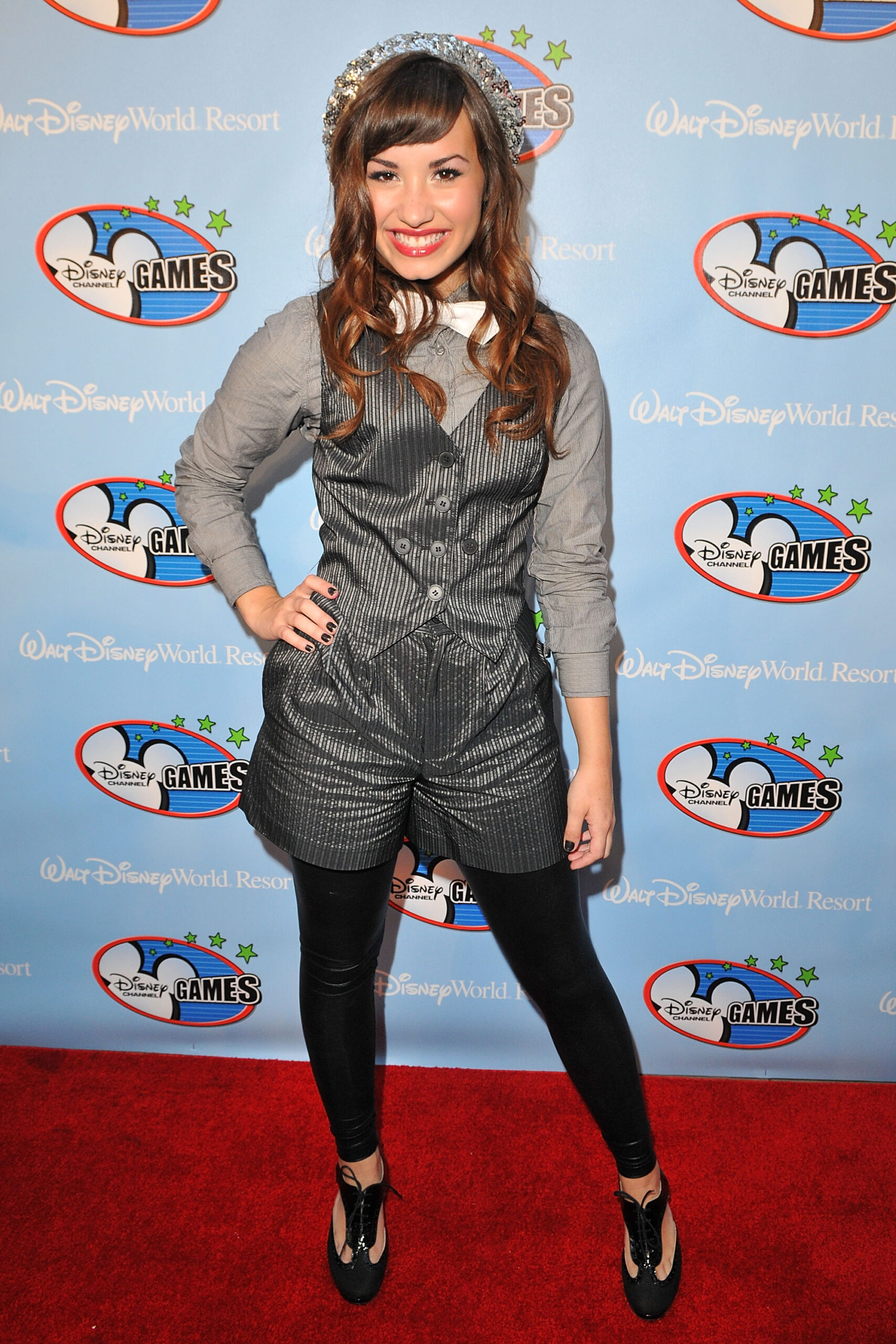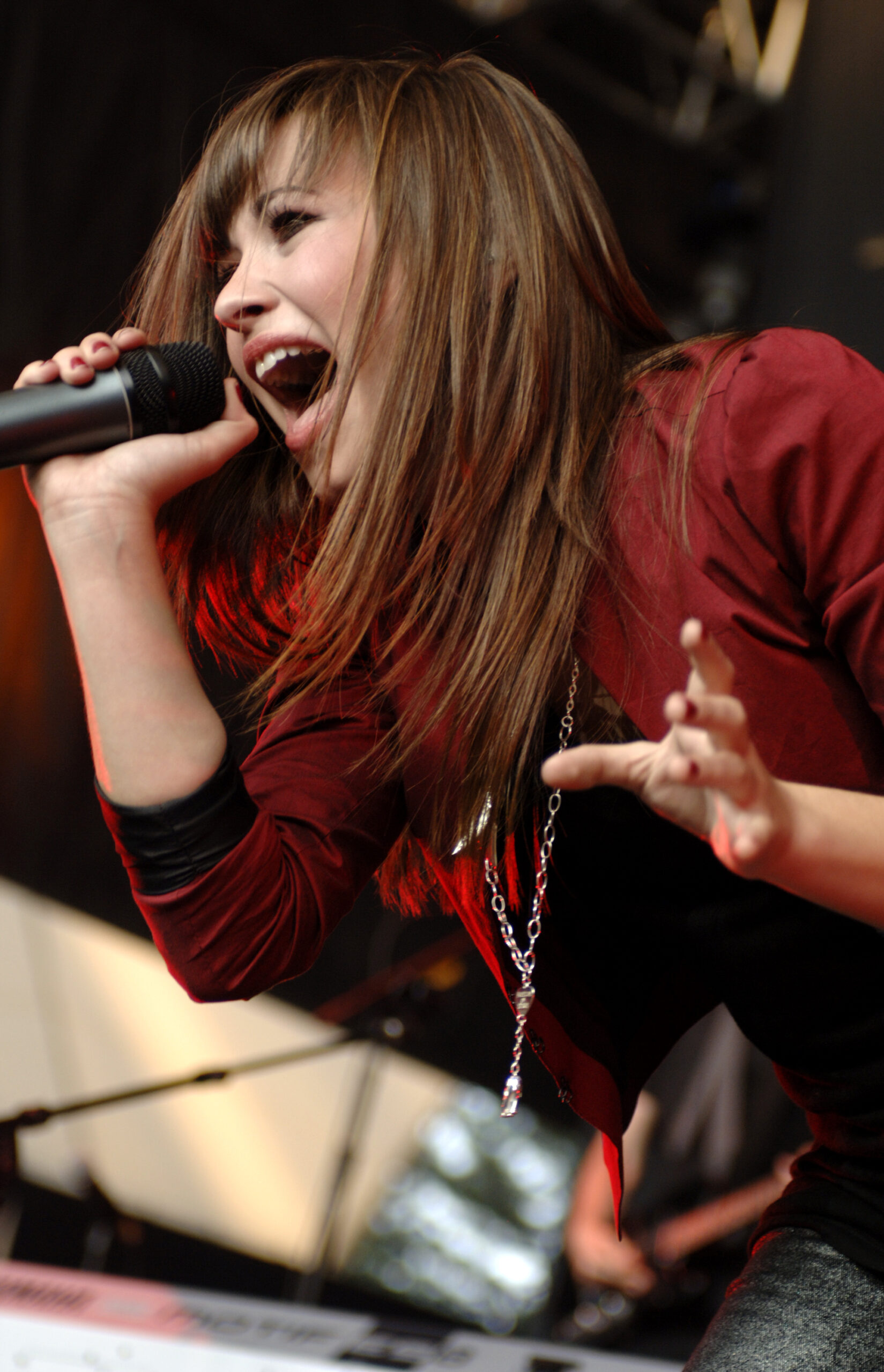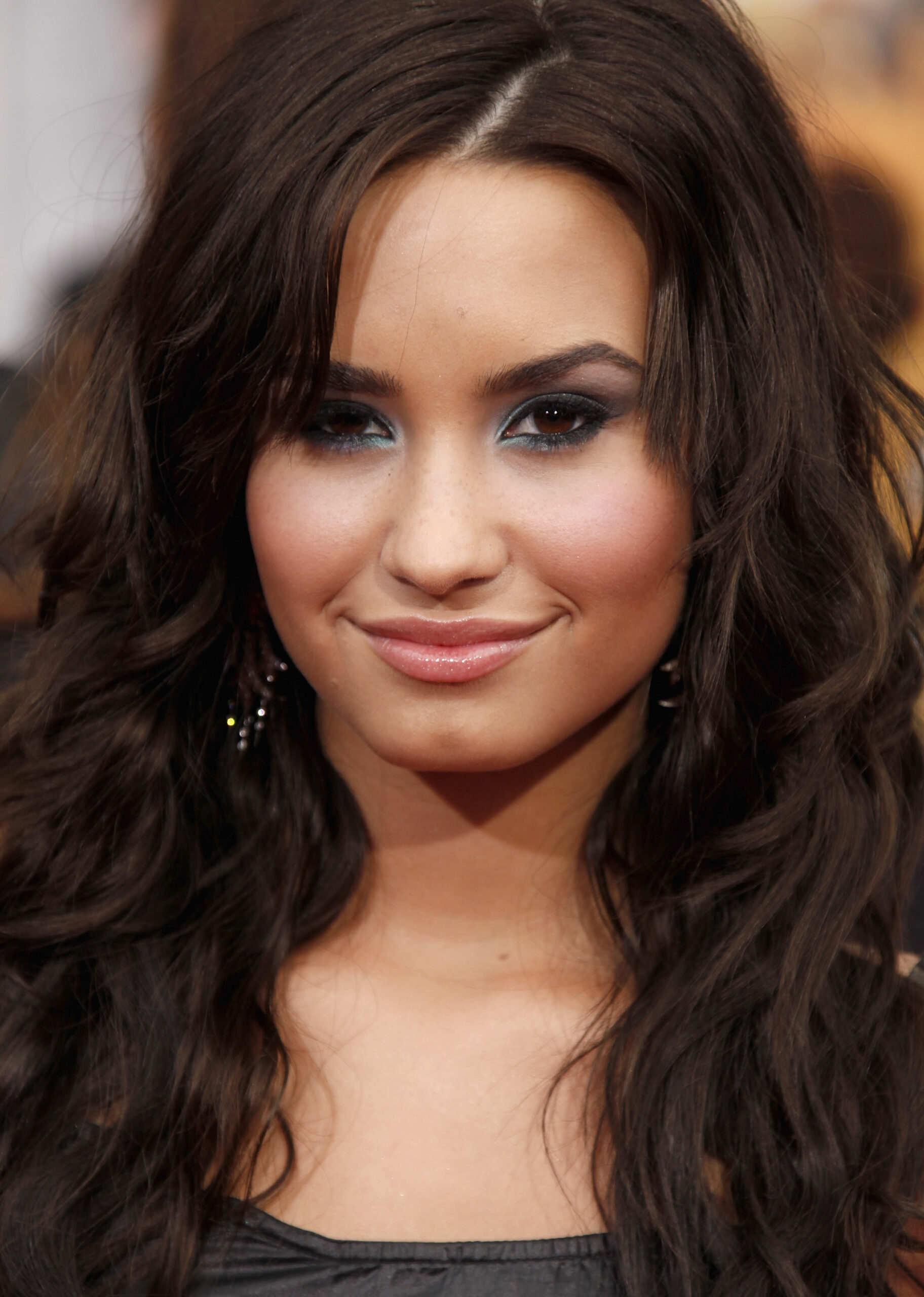
It would be easy to look at a celebrity like Demi Lovato and think that they are lucky to have come up as a child star. As if they were just handed fame and success at an early stage in life and get to lead a charmed life ever after. But the truth of child stardom can be much darker as Demi Lovato reveals in her new documentary Child Star, now streaming on Hulu.
More from MamásLatinas: 21 Times Demi Lovato looked flawless without makeup
In the special, which premiered on September 17, Demi talks with fellow child stars about their experiences growing up in the public eye and the challenges that come with being a celebrity at such a young age. Throughout the documentary, Demi goes deep into what she experienced as a child star. Here are some of the most heartbreaking revelations she makes in the film.
She grew up equating her success with her self-worth.
Every child is born worthy and they should never be made to feel like they have to prove their worth. Period. Unfortunately for Demi, once she got in front of the camera, that wasn't the case.
"I looked at my success as my self-worth. You know? I had a really hard time differentiating the two. And I dealt with a lot of need for external validation because I was equating my success to my self-worth," she explains in Child Star.
Being rejected time and time again took a toll on her.
Sure, she booked her first audition, which was for Barney & Friends, but after that it was a while before she landed another gig. "I took it personal every time I got a no. 'Cause I was like, 'There's something wrong with me,'" she explains.
She was bullied by her peers.

"As soon as I started auditioning for roles, the bullying started happening. The popular girls started writing in the bathroom stalls, 'Demi's a w—,' all these nasty things," Demi says. Someone even started what she refers to as a "suicide petition" that was signed by students saying that Demi should end her life. Can you imagine?
No one ever told her, she could stop working.

"I didn't know that you could take time off because no one told me," she "At one point, I played 70 shows in 90 days. I was going to have two nights off and then, when push came to shove, they were like, 'We need those two days of rehearsals for the movie.'"
Let that sink in for a minute.
There are so many things that kids don't know because everything is new to them. Why would an overworked child know that they can ask for time off when no one has ever told that child they can ask for it?
Drugs became a way to escape.

She might not have known that she could take time off, but she found a way to check out with the help of drugs. "Finding drugs was easy. That was the only way I knew how to escape," she confesses. How crazy is it that getting drugs was easier than getting time off?
She can’t stop being famous.
"I can't put my fame away," Demi explains. "Like, I can't just say 'I don't want to be famous' and that can be a little isolating." That observation hit me hard because I guess I've never really thought about how once a person reaches a certain level of fame, they can't just opt out and live a "regular" life. It's got to feel like a prison sometimes. That must be challenging no matter how old you are, but for a child it's got to be overwhelming at times.
The film marks Demi's directorial debut. She codirected it with Nicola Marsh. The documentary shares the stories of many of the world's most famous former child stars including Drew Barrymore, JoJo Siwa, Raven-Symoné, Christina Ricci, Kenan Thompson, and Alyson Stone.
Children are children, even if they are rich and famous.
I'd say the biggest takeaway from the film is to remind us all that first and foremost a child star is a child. They may be making money and supporting their entire family with their earnings, but they deserve to be cherished and protected, not overworked and exploited.

